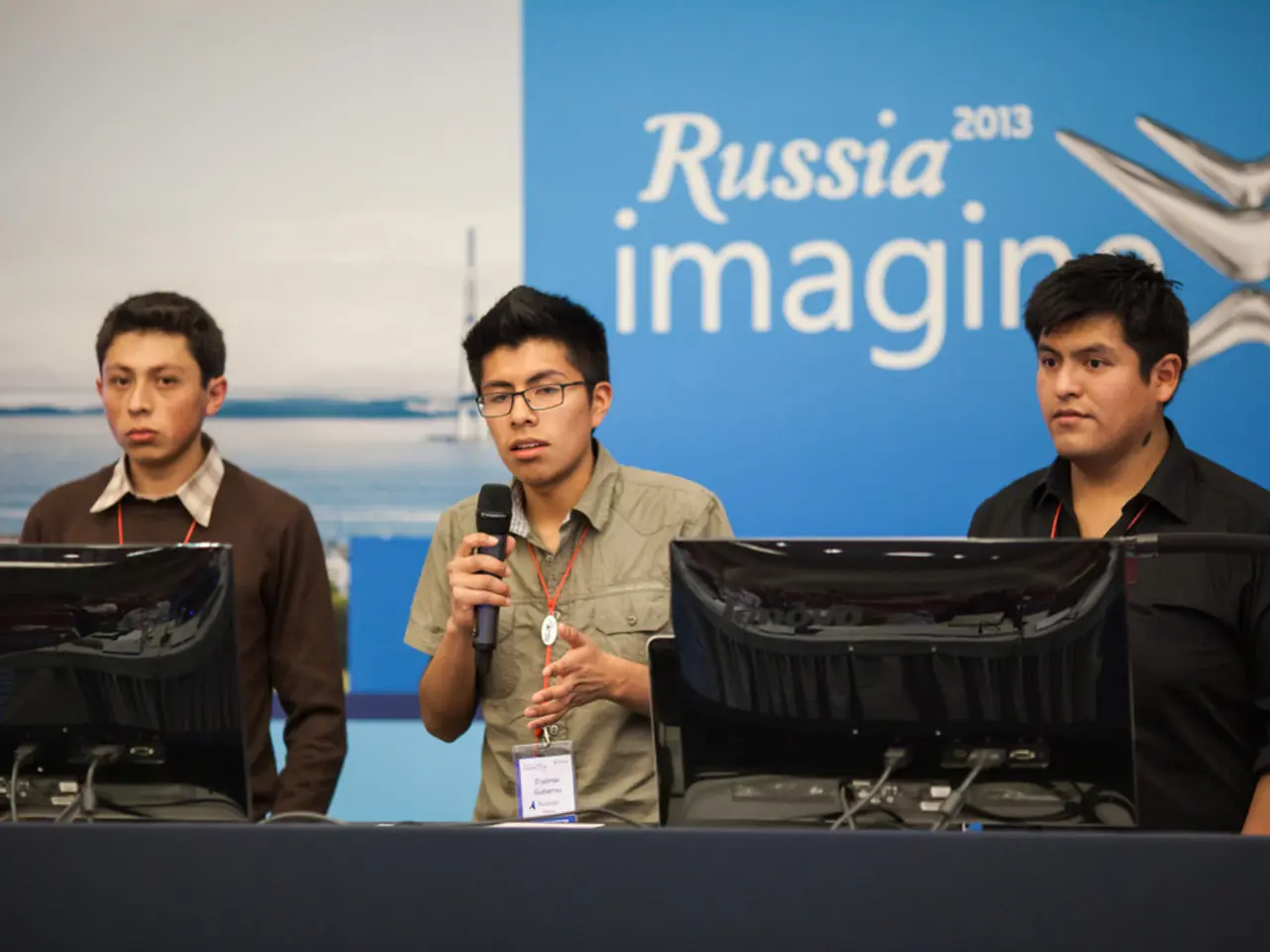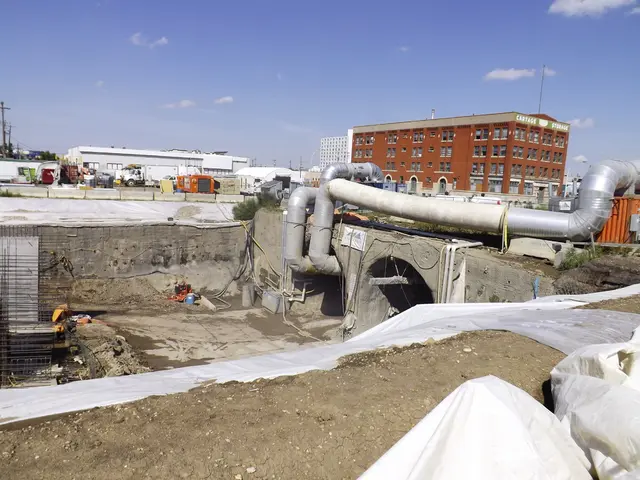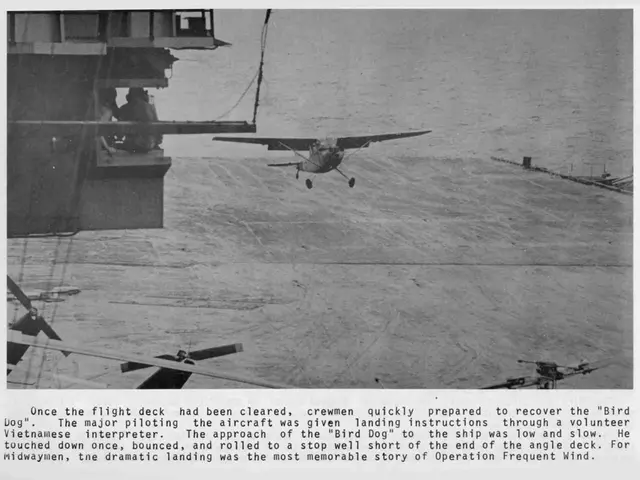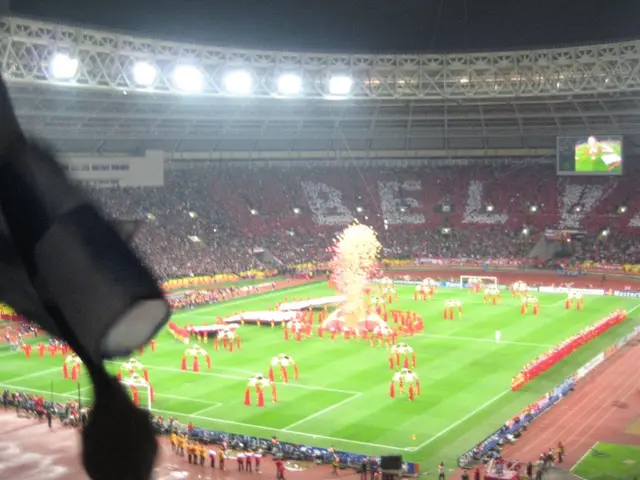Russia faces potential prohibition of liquefied natural gas imports from 2027, as per the European Union's new sanctions strategy.
The European Union is planning to significantly strengthen its sanctions against Russia in response to the ongoing Ukraine War. The new sanctions package, which will be discussed by representatives of EU countries over the next few days, aims to strip Moscow of its war-making capabilities and bring an end to the conflict.
The sanctions must be decided unanimously by all 27 EU countries, and a challenging negotiation process is expected, particularly as some countries like Hungary are critically opposed to any new sanctions. However, Germany and France, along with Nordic and Eastern European countries, have advocated for a very robust new sanctions package.
The new measures include denying further banks from Russia and friendly countries access to the EU capital markets. Moreover, stricter action is planned against the use of cryptocurrencies to circumvent existing sanctions. Measures against the Russian credit card system (Mir) and the quick payment system SBP are also planned.
The commission wants to bring forward the date for a full ban on imports of liquefied natural gas (LNG) from Russia into the EU, with the ban now set to come into effect as early as the beginning of 2027. A full ban on oil imports from Russia is also planned by the end of 2027. The new sanctions package includes a gradual phase-out of Russian gas imports, with the aim to completely ban Russian gas imports by the end of 2027.
The EU is proposing to list more than 100 ships as part of the Russian shadow fleet, which would no longer be allowed to dock in EU states' harbors or be insured, financed, or equipped by European companies. This affects around 560 ships in total. New export bans are planned for goods and services that can be used by the Russian defense industry or strengthen Russian industrial capacities. This includes certain chemicals and building materials or services in the field of artificial intelligence. Trade restrictions against further companies from countries such as China and India are also planned.
Russia is financing the war in Ukraine through revenues from the sale of fossil fuels. The EU had already imposed import bans on Russian energy carriers such as coal and oil, but gas sanctions have not been imposed due to dependencies. However, the new sanctions package aims to address these dependencies, with more than half of the gas imported by the EU coming as LNG and via the pipeline TurkStream.
The threat to the EU is increasing due to new heavy Russian air strikes on Ukraine, with Russia showing contempt for diplomacy and international law according to EU Commission President von der Leyen. The EU seeks peace for Ukraine, and Europe's High Representative Kaja Kallas stated that the aim is to strip Moscow of its ability to wage war to end the conflict.
Slovakia and Hungary have taken critical positions during EU negotiations on new sanctions against Russia, with Slovakia blocking the 18th sanction package due to insufficient financial guarantees related to its dependency on Russian gas, while Hungary also refused consent, reflecting a more cautious stance compared to previous rounds where broader consensus was more common.
US President Donald Trump had recently expressed great frustration with Putin's course and offered the Europeans the prospect of participating in new sanctions against Russia if they completely stop energy purchases from Russia. The new sanctions package is a significant step towards achieving this goal.
Read also:
- Conflict between Ben & Jerry's co-founder and Unilever over Gaza issues leads to resignation of co-founder
- Deepening EU-India relations despite apprehensions regarding Moscow connections
- Russia Faces Intensified Penalties from the EU: Imports of LNG Could Suffer Negative Impact
- Ben Jerry's co-founder departs in dispute concerned with Gaza conflict and corporate giant, Unilever








